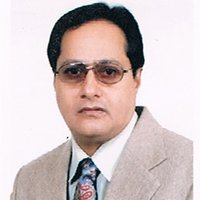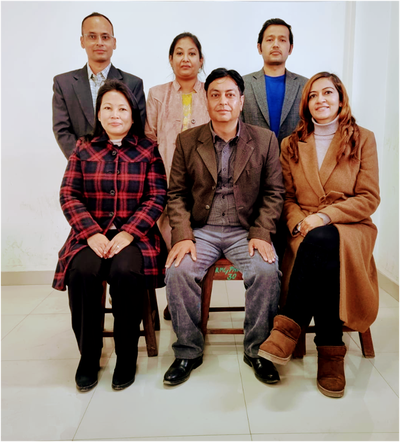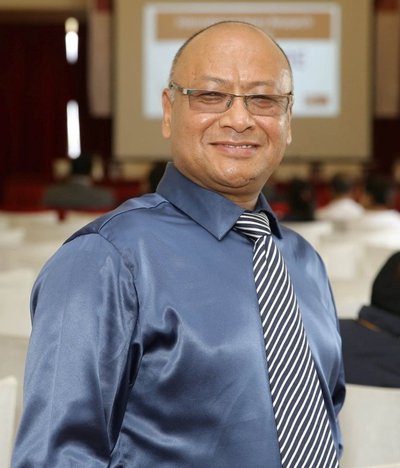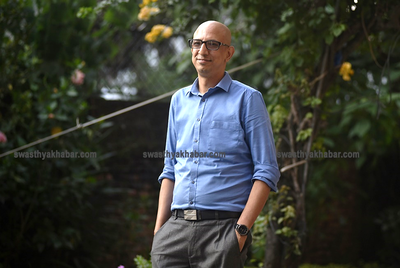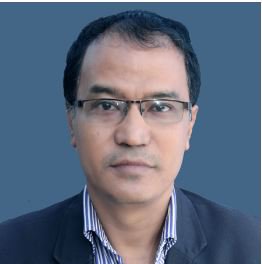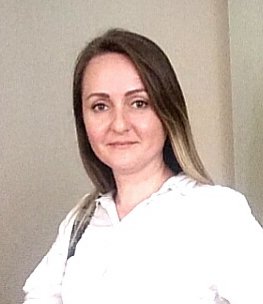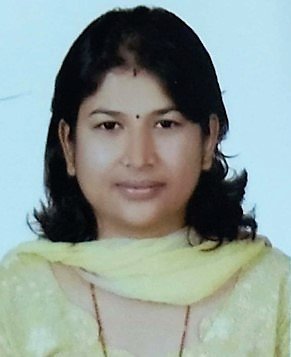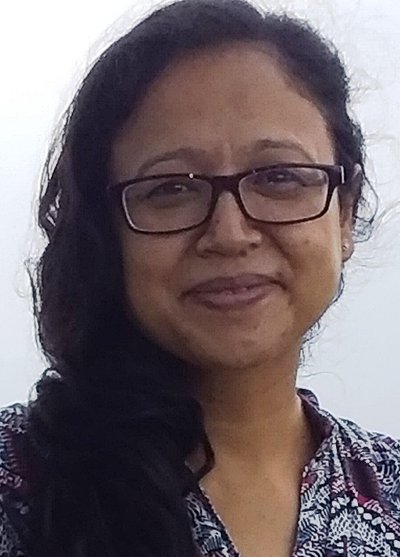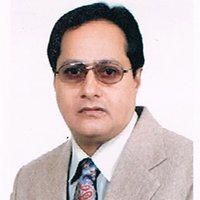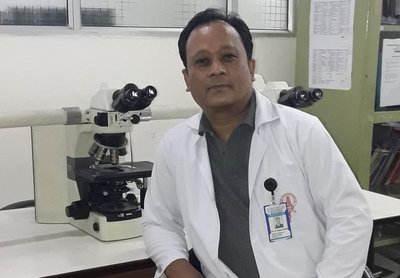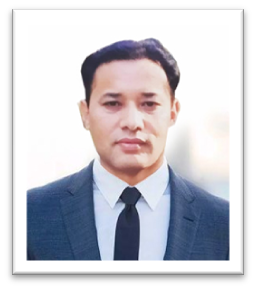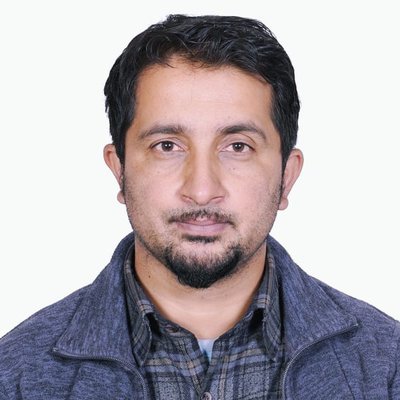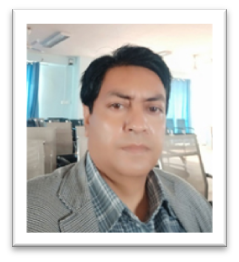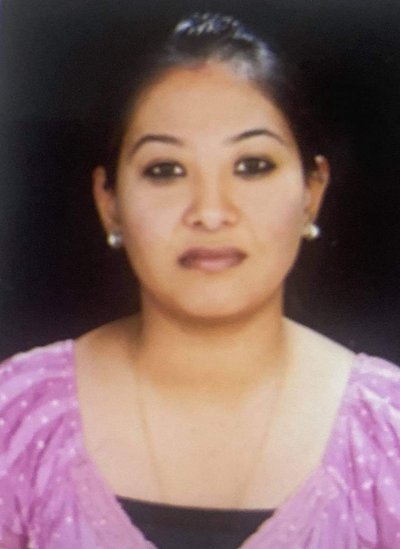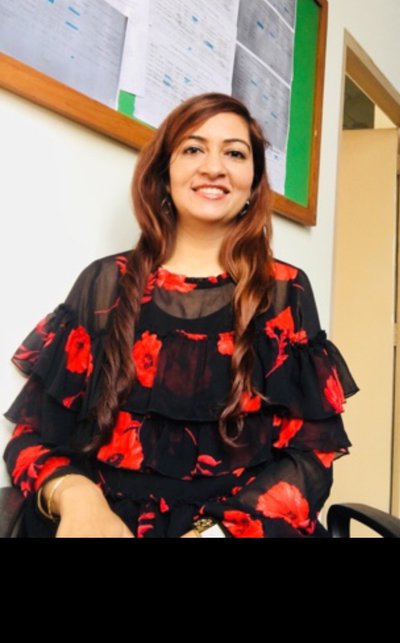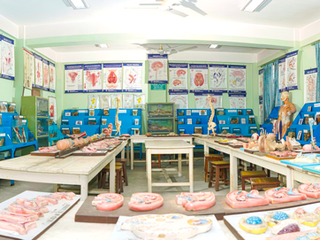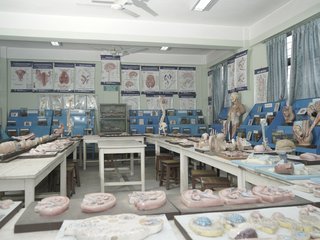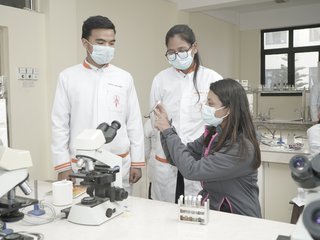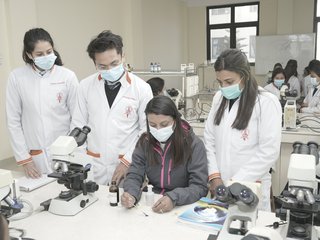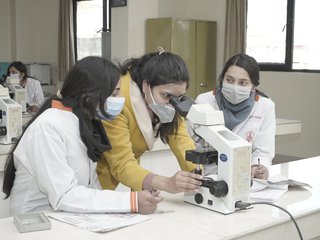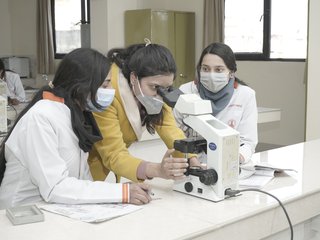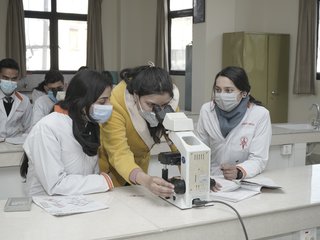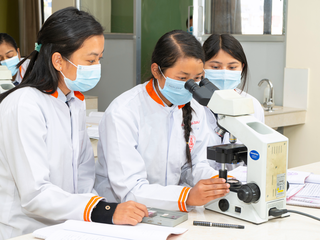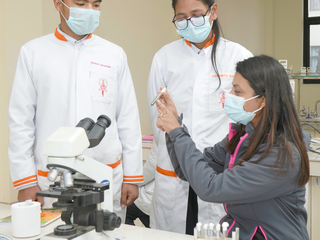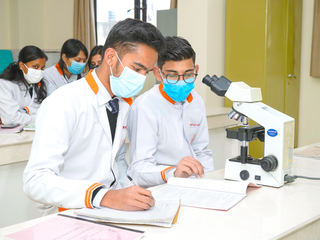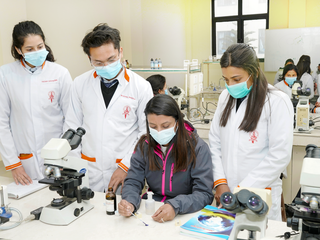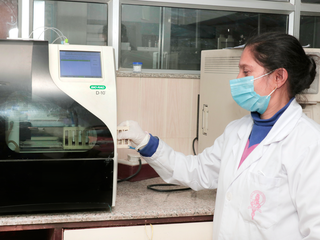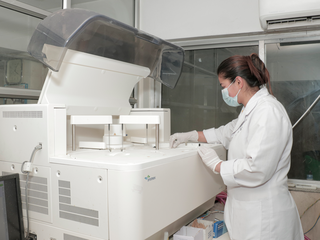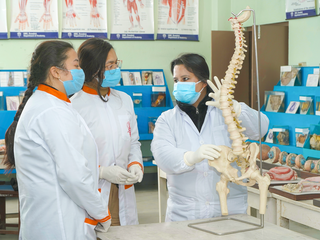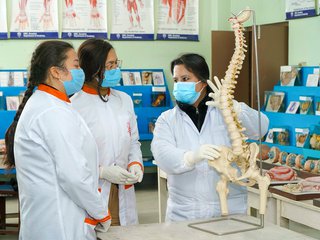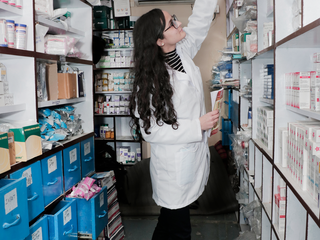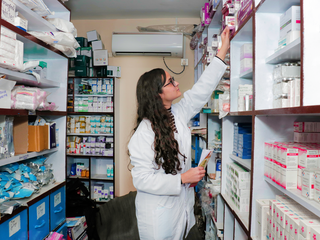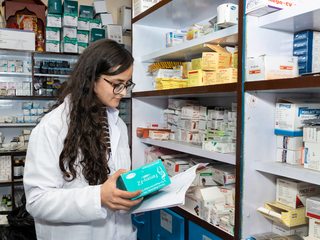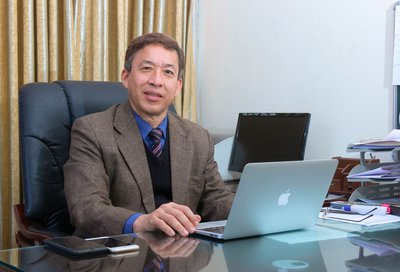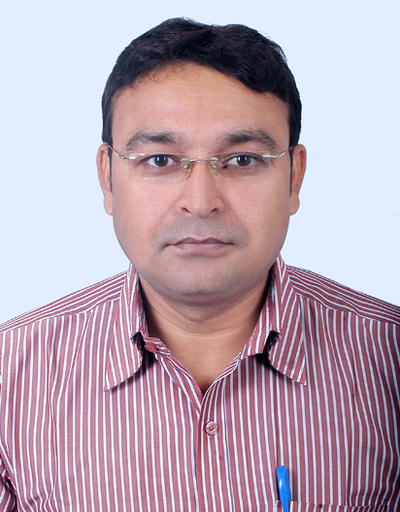
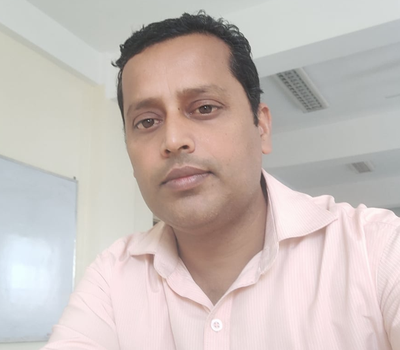
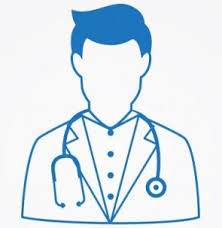



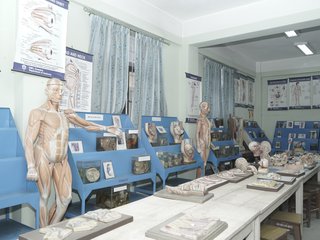
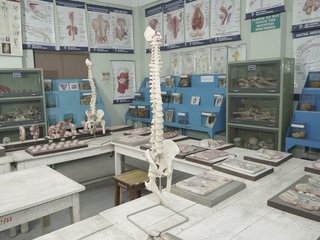
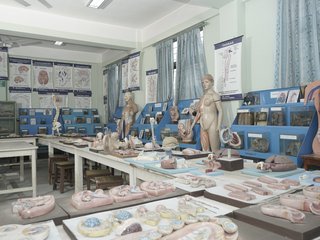
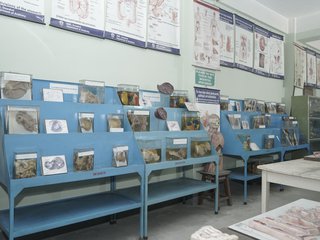
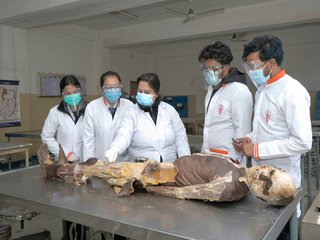
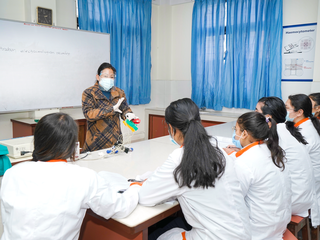
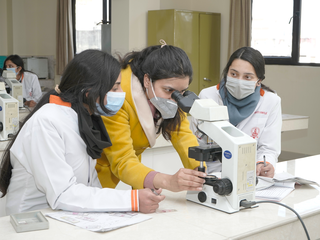
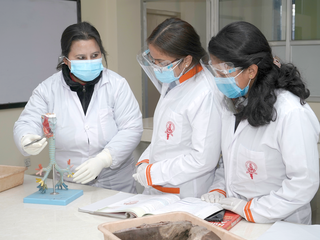
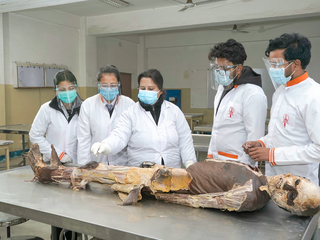
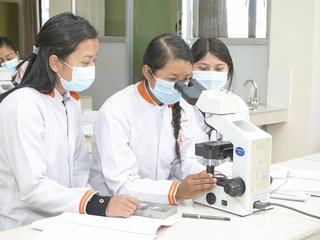
Kathmandu Medical College has two spacious libraries- one for Basic Sciences and the other for Clinical Sciences. They have an adequate number of books as well as many general, scientific, and medical journals. Multiple copies of textbooks, Internet/E-mail connection, and photocopying facility make it easier for the students and staff to retrieve the information that they want. The libraries also have self-learning areas with videos and CD-ROMs for computer-based learning. Additionally, each department has a smaller departmental library.
Library Rules and Regulation
- Every person entering the library shall sign the register at the gate, thereby denoting his/her acceptance of the rules and regulations.
- Each user has to show his personal documents to library staff while taking them in and out of the library.
- Any user carrying unauthorized documents can be presumed to be stealing library property. Thus his/her name will be published on all the KMC/KMCTH notice boards.
- Library staff is fully authorized to search the library user if s/he suspects that they are carrying unauthorized documents from the library.
- No one is allowed to borrow any document without a library card.
- Eating food of any kind is not permitted inside the library.
Library Card (Reader Ticket)
All the faculty, students, and staff of KMC and KMCTH are entitled to become library members. Prospective users are requested to bring auto-size photographs to make their individual library cards.
Overdue Charges
Overdue ( late fine ) shall be levied to all the users at the following rates.
If the books are not returned even after the month, membership in the library will be canceled. The defaulter will have to pay double the price of the book not returned. Furthermore, the defaulter's name will be displayed on all the KMC and KMCTH noticeboards.
Note: All the library users are requested to ask the library staff to read the detailed library rules and regulations available at the library counter.
Library Working Hours :
9:00 AM – 10:00 PM
- First Shift 9 AM- 4 PM
- Second Shift 4 PM- 10 PM
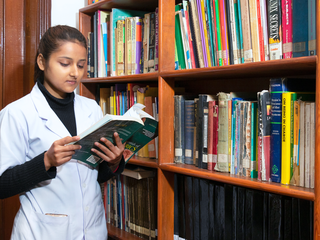
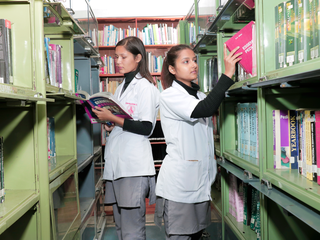
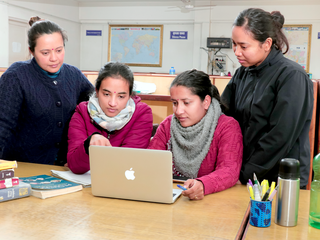
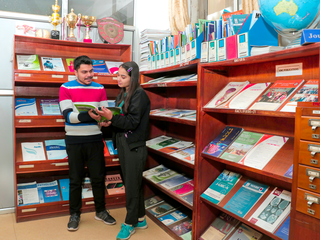
Coming soon.
The hostel for the students are two locations
Duwakot
The hostel complex for 421 students is KMC’s own building. Hostel at cafeteria block for 56 boys. The canteen provides wholesome food-both vegetarian and non-vegetarian in the hostel premises.
Sinamangal
KMC has two girls’ hostels and one boy hostel for 128 students in a rented building. There are two hostels at Sinamangal for girls. All the girl's students of clinical depts. and some of the basic science is accommodated here. A lady warden is responsible for the day-to-day management of the hostel. This is within walking distance from the hospital. All the clinical students of KMC wanting to stay in the hostel are accommodated here. Mess facilities are available in both complexes. A member of the administrative staff has been deputed to care for and facilitate the students. The hostel is provided with basic necessities and has a common room. The allotted warden is responsible for the day-to-day management of the Girl's hostel.
Faculty AccommodationThe KMC authorities have several furnished flats in Duwakot for the residence of 21 faculty members of the Basic Science Departments.
A spacious, hygienic and well maintained canteen caters to the wide range of taste for the students. From morning to the late hours in the evening. Canteen facility is available to students and faculty both. It is operative during college hours. Special care is taken to maintain the status and hygiene of the accommodation as well as the surrounding habitat.
Due to the current situation, transportation facility is available only to the hospital staffs
